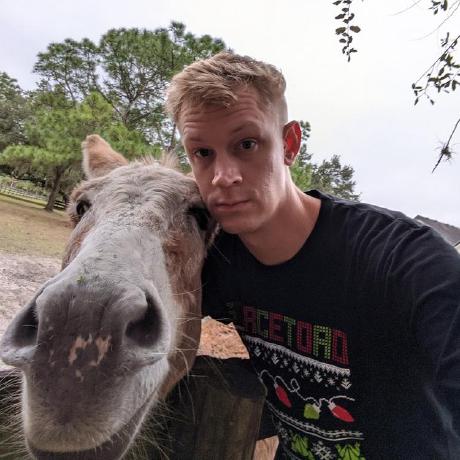Fixing Version Skew with Vite and Laravel
As Laravel said goodbye to Laravel Mix and embraced Vite we saw some new exception in our logs as we completed the migration.
Unable to preload CSS for /build/assets/Map-BjJvrIF-.css
Failed to fetch dynamically imported module build/assets/en-c7059b5d.js
We went on a journey to fix this issue and this blog is our findings.



